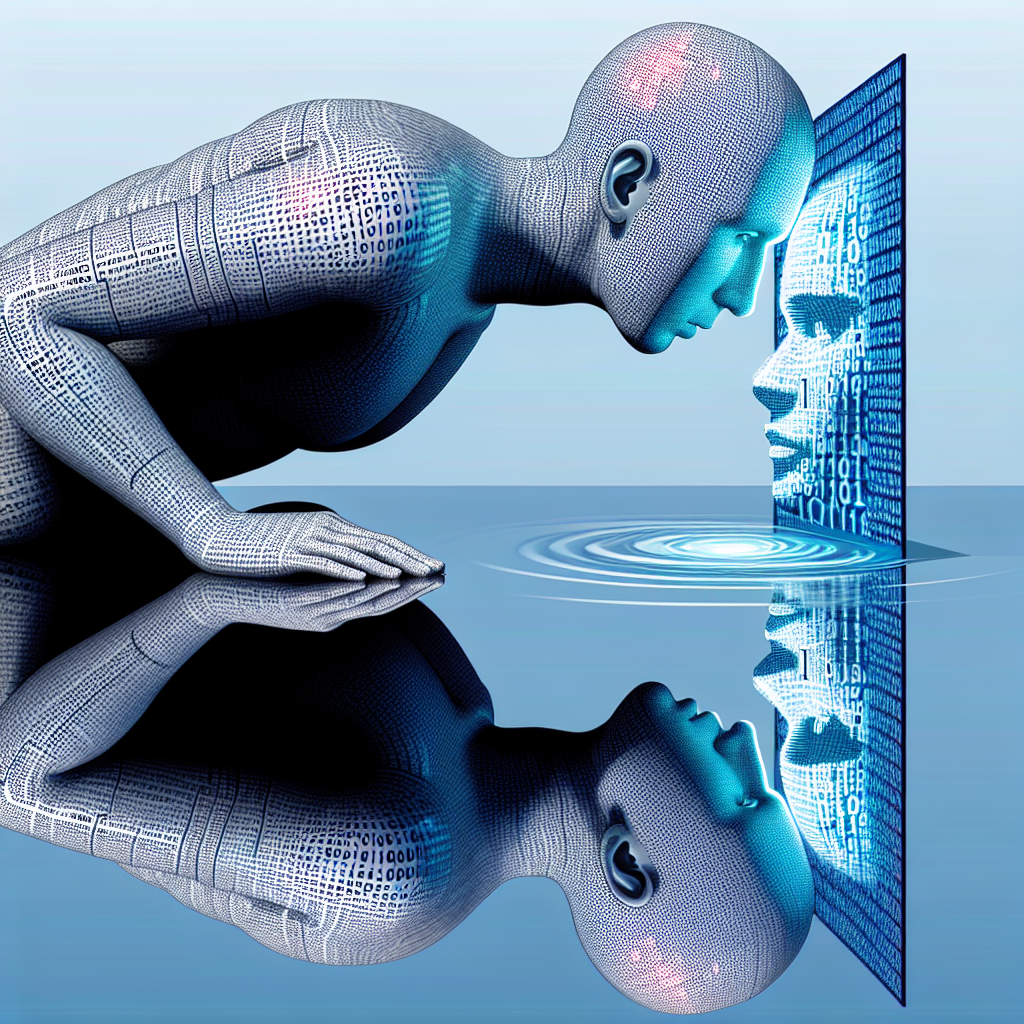The Human Quirk of Making Artificial Intelligence a Tad Bit Riskier!

“Human Misuse Will Make Artificial Intelligence More Dangerous”
“As artificial intelligence gets better at doing things humans do, people might be tempted to let AI make our decisions for us. Since AI algorithms aren’t subject to human biases, they should make fairer decisions and help avoid errors in judgement caused by our many cognitive biases. But evidence from fields like sociology and psychology suggests otherwise—that AI’s use can entrench bias rather than eliminate it.”
Oh, great. As if humans weren’t capable of messing things up on their own, now they have the potential to wreak havoc with the help of artificial intelligence (AI). It seems, in the zeal to make lives easier, humanity found another glorified tool to amplify their built-in biases. Get ready for an ironic twist as erroneous human judgement envelopes the flawless machine logic of AI, transforming this beacon of fair decision-making into a digital version of our flawed selves.
Witnessing the jaw-dropping potential AI exhibits, you may be fooled into singing praises. Enamored by its ability to swerve free from humans’ cognitive biases, AI stakes the claim of making fairer decisions. But, alas, just like any icon who faces the tough tabloids, cracks start to show in the unblemished reputation of AI.
The knight in shining armor can often be nothing more than a pawn in the grand scheme of it all. Psychology and sociology enter the scene, and the plot thickens. The intellectual powerhouses warn of AI’s susceptibility to entrench rather than eradicate bias. Indiscreet humans and impressionable AI – a recipe for magnifying predispositions.
Watching humanity stumble, balancing their world view with the unbiased lens of AI is so entertaining, it could play at Sundance! Just as the notion of objectivity in journalism is clouded with bias, similar storms brew over AI’s supposed bias-free utopia.
Hate to break it to you, but decision-making isn’t as simple as input-output operations that AI excels at. Decisions are complex, nuanced, and fiercely personal. They hinge on context, subjective experiences, and a plethora of ambiguities. When you boil these complexities down to binary code, you’re not exactly getting a true representation of the word ‘nuance’, now are you?
Attempting to offload human biases on unsuspecting AI systems is akin to washing one’s hands off an inherent problem. It’s not only irresponsible but also ironically affirms the biases that were supposed to be avoided. There go those high-and-mighty humans, thinking they can solve their problems by passing the buck, or in this case, the binary code.
Bottom line is, blindly admiring AI as the final bastion of unbiased decision-making is a dangerous lure. It’s time to brave up to the mirror and address the garden-variety biases staring right back. You didn’t think humans could escape self-reflection by just programming it away, did you? That’d be too easy, and sadly, too predictable.
